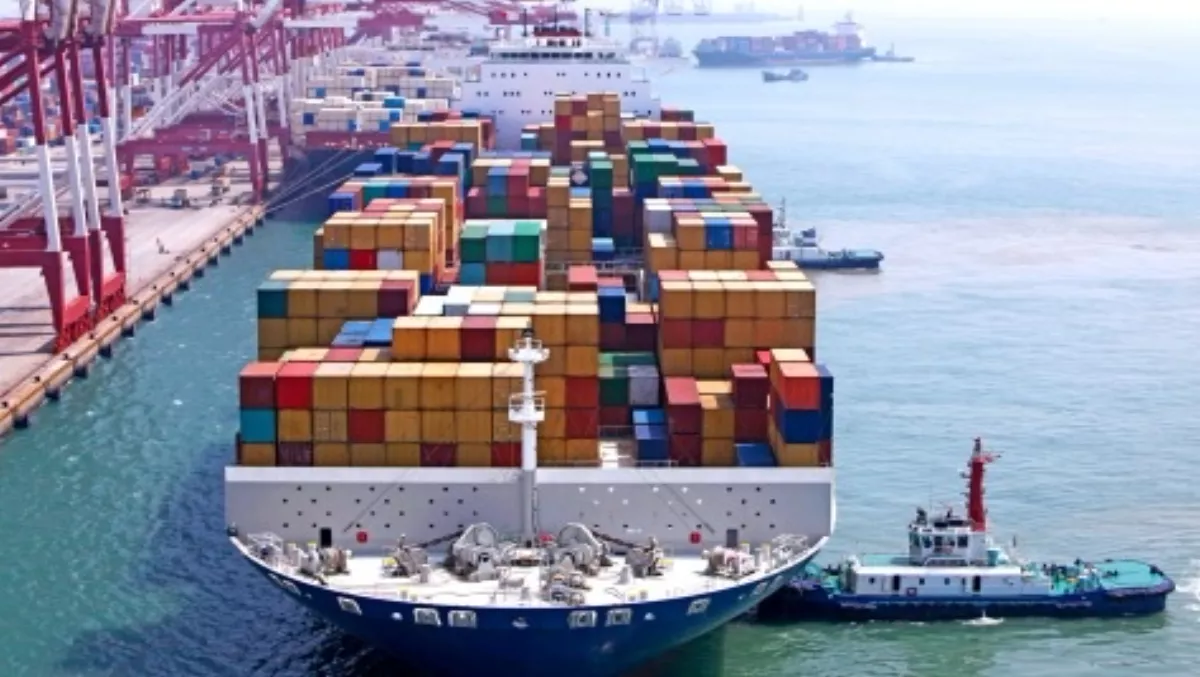
New Zealand and the US have escalated a complaint against Indonesia to the World Trade Organisation on import restrictions that led to the collapse in New Zealand beef exports to the southeast Asian country.
New Zealand and the US have requested that a WTO dispute settlement panel look at the import barriers, kicking off a process that could lead to sanctions, Reuters reported, citing an announcement by US Trade Representative Michael Froman. Indonesia's import restrictions cover horticultural products and animals and animal products.
The two complainants previously teamed up for WTO action against Indonesia in 2013 but that didn't proceed beyond consultation after Indonesia made changes to its rules, requiring a new application to be made. The countries lodged a fresh WTO complaint in May last year, which until now had been in the consultation stage, where the countries meet to try and resolve their dispute.
"Clearly the rational discussions between the two countries weren't working," said Meat Industry Association of New Zealand chief executive Tim Ritchie. "It looks like our government and the US are going in to bat and using the WTO dispute processes to try and bring some sanity to it all. That's a pretty fair indication that these discussions so far haven't worked and it's moving on to the next stage."
Indonesia, the world's fourth-most populous country, introduced import quota restrictions on beef in 2011 as part of a programme to become self-sufficient in a range of agricultural products. That caused a slump in New Zealand exports of beef and beef offal to Indonesia to a decade-low of 10,206 tonnes worth $48.8 million in 2012, from 48,823 tonnes valued at $185 million in 2010, when it was the nation's second-largest beef market.
A relaxation of the import quotas in late 2013 saw exports recover to 19,258 tonnes worth $79 million in 2014, helping it climb back to the sixth-largest market. However Indonesia subsequently tightened restrictions again and in January this year New Zealand beef exports to Indonesia slumped to only 28 tonnes, from 2,669 tonnes in January last year, according to Meat Industry Association figures.
The association says volumes slumped in the face of restrictions on certain cuts, which excludes many New Zealand products from the market, as well as delays in the issuance of first-quarter import permits by the Indonesian government.
"They have said that certain parts of the animal or certain specifications are OK and certain are not and a lot of the areas that we had been interested in as New Zealand, and where the trade was taking place, are now not allowed," Ritchie said. "It's not only just the quantitative restriction in terms of permits being issued but it's also the type of product you can export within that so it's a double whammy from our point of view."
New Zealand's beef trade to Indonesia had been increasing on demand for what were traditionally lower-value parts of the animal, used for popular dishes like meatballs, often sold at street stalls. That helped increase the overall return from the animal for a New Zealand farmer.
Rising incomes in Indonesia have stoked increased demand for protein, however a political desire for self-sufficiency to ensure food security has led to restrictions on imports, which instead of stimulating local production, has caused domestic prices to soar and led to higher cull rates of local stocks, Ritchie said.
"We have been arguing that it means sense for them to import from where you can get a better deal," he said. "We have a competitive advantage and we will import from you those products that we don't have a competitive advantage in and we will both be better off."
Should Indonesian trade continue to be restricted, New Zealand beef exporters could turn to other markets where demand for protein is growing such as China and India, Ritchie said.
Australia, whose live cattle exports have also been hurt by the restrictions, hasn't joined the WTO action.
"New Zealand believes that Indonesia's restrictions undermine core WTO principles and are inconsistent with key obligations in the WTO agreements," an MFAT spokeswoman said. "Since 2010, Indonesia's restrictions have had a severe impact on a variety of New Zealand's agricultural exports to Indonesia, including beef and horticultural products."